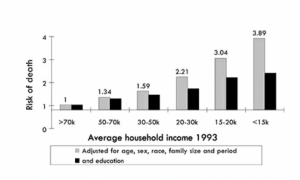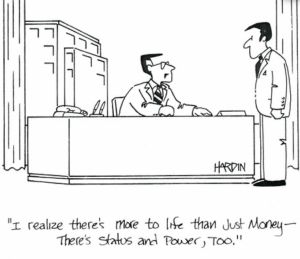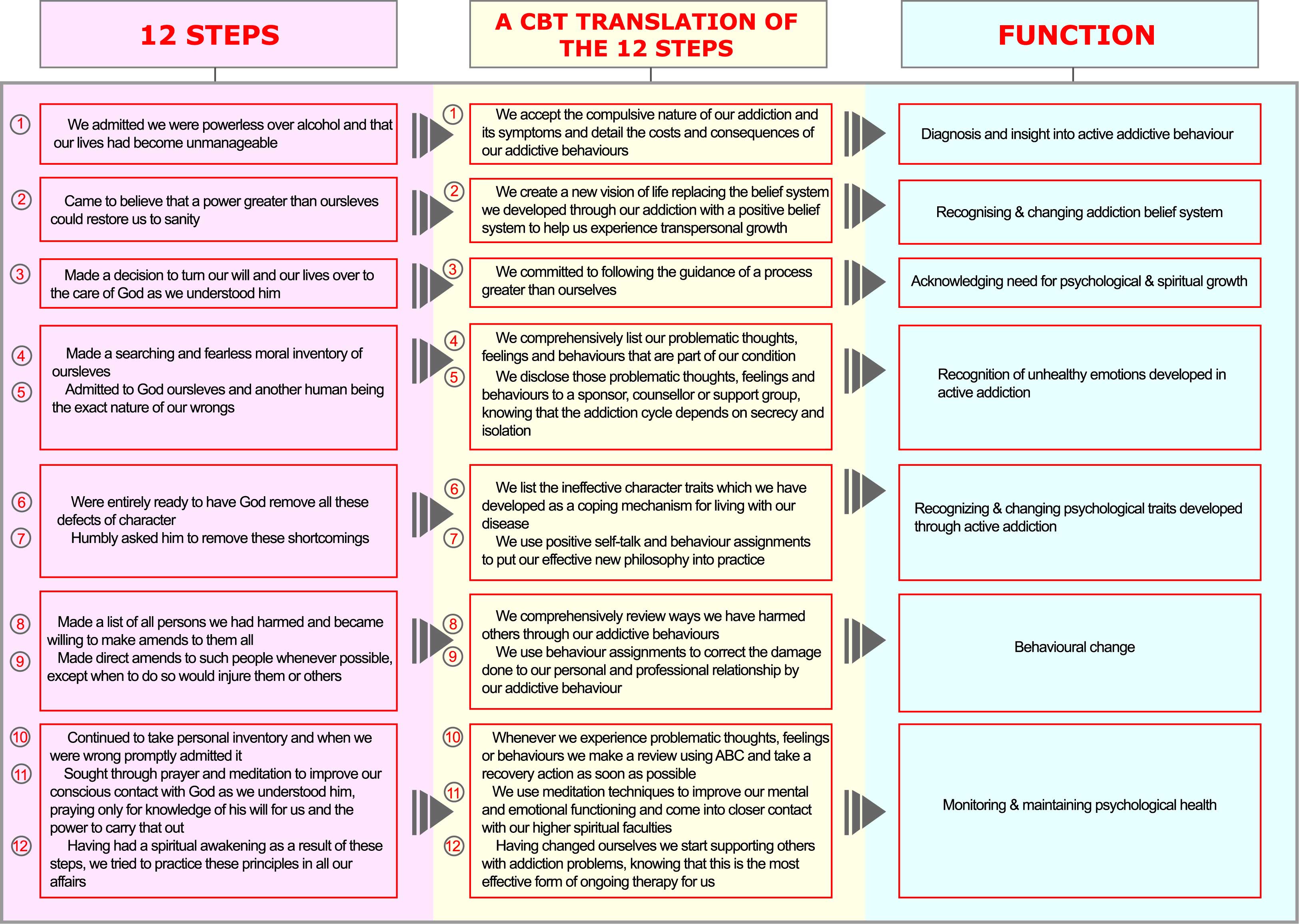… so that we can cope with the world around us effectively—if we are normal. There are unfortunate human beings who for one reason or another cannot, and they must live among us in a reduced status, rather like pets, at best, cared for and respected, restrained if necessary, loved and loving in their own limited ways, but not full participants in the human social world, and, of course, lacking morally significant free will. [1]
I have not had the opportunity to get into Daniel Dennett’s work until I got into free will. Dennett’s view on free will is mechanical, and so I naturally gravitated towards it. Although I like Dennett’s ideas and approach, I was taken aback by his insensitivity towards those deemed as inadequate and undesirable. Despite the description being accurate, it could have been stated in a way that maintains the “unfortunates'” dignity. Dennett does say, however, that the unfortunates aren’t ultimately responsible for their actions.
In Dennett’s writings, he often uses the term psychopath as a caricature of the abnormal person that can’t live within the bounds of society. Can I have compassion for the psychopath? Probably not but I could have empathy, which would allow me to separate my disdain from their problem. I don’t claim to have a solution to the problem of moral living, but I don’t think I like the implications of Dennett’s. I don’t see much compassion towards “designs” in nature that are not competent enough to meet society’s standards.
This doesn’t affect the merit of Dennett’s analysis. Dennett says that free will exists, but it’s not what we think it is. Since free will doesn’t explain much of anything and has too much baggage to be used, then why keep it? The only reason to not scrap the concept is so that we can be blamable for our actions. But we can make a case for accountability without positing the existence of free will. We don’t need to be ultimately responsible for an action because there is no shortage of good reasons to be accountable.
Dennett’s Free Will
There is not much to find wrong with Dennett’s work if you like science. He equates free will to be nothing more than self-control and deliberation. If freedom is to be found anywhere, then it must be found within these two concepts. To Dennett, free will is compatible with determinism. Determinism is the idea that given the past and laws of nature, that only one possible future exists. Dennett accomplishes this by telling us that the stipulation for free will to exist, which is could have done otherwise, doesn’t matter.
Dennett says that events are not inevitable but evitable; that is, we are designed by natural selection to avoid situations that could interfere with our survival. Dennett claims that the problems of free will go away if we view it through a biological framework as agents. Although he shows through thought experiments and computer simulations how complexity arises at a higher-level, which gives the appearance of indeterminism, he never labels it as an indeterministic system like many other philosophers seem to do.
We know at the quantum level that nature is indeterministic, but at the macro level it is deterministic. Even though we may not be able to observe the causes at a high-level, we assume that there are causes. For example, a coin toss is random because we can’t identify and predict its complex motion, yet it is deterministic. Philosophers aren’t clear on whether or not indeterminism is meant in the stochastic sense or in the uncaused causes sense. Dennett does agree though that high-level randomness is deterministic.
If all of our actions are predetermined by our biology and the inputs of our environment, which they are, then how can we be free? It has to do with the framework or level of description we are using. There is no ghost in the machine or mysterious force controlling us but rather an agent. Relative to the agent, there are possibilities presented that we control the outcome of because we can deliberate with reasons to act or not to act. But this is nothing more than self-control and deliberation. Why force a fit with free will?
References:
[1] Dennett, Daniel C.. Elbow Room
[2] Dennett, Daniel C.. Freedom Evolves



